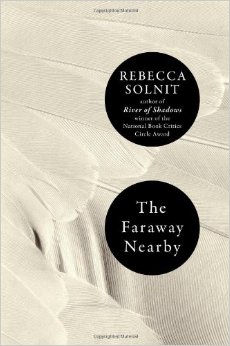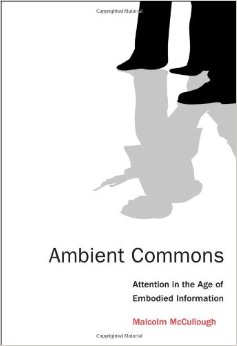

Research
Research
Reading
Books
“ The familiar fairy tales map only limited possibilities in the end. After all, they’re mostly about getting—getting affluence, security, a spouse, offspring, the usual trappings. Even nowadays people who lack the full complement of these particular goods are reminded, subtly and not, that they should have them or that they have failed. The idea of a life lived by another pattern and measured by another standard remains out of reach in these versions. What’s your story? The goals matter. ”
Deciding you're on a hunt for meaning is not the most steady of searches. I read a lot. In retrospect, these were the most influential.
Articles
“ We need to look at the repetitions in the stories we tell ourselves [and] at the process of the stories rather than merely their surface content. Then we can begin to experiment with changing the filter through which we look at the world, start to edit the story and thus regain flexibility where we have been getting stuck. ”
“ Identity is not a thing but a process - an experiential process which is most vividly grasped as music. Music seem to be a key to identity because it offers, so intensely, a sense of both self and others, of the subjective in the collective. As Mark Slobin puts it: ‘Music seems to have an odd quality that even passionate activities like gardening or dog-raising lack: the simultaneous projecting and dissolving of the self in performance. Individual, family, gender, age, supercultural givens, and other factors hover around the musical space but can penetrate only very partially the moment of enactment of musical fellowship. Visible to the observer, these constraints remain unseen by the musicians, who are instead working out a shared vision that involves both the assertion of pride, even ambition, and the simultaneous disappearance of the ego.’ ”
“We live in a world made up more of story than stuff. We are creatures of memory more than reminders, of love more than likes. Being attentive to the needs of others might not be the point of life, but it is the work of life. It can be messy, and painful, and almost impossibly difficult. But it is not something we give. It is what we get in exchange for having to die. ”
“ The experience of pop music is an experience of identity: in responding to a song, we are drawn, haphazardly, into emotional alliances with the performers and with the performers’ other fans. Because of its qualities of abstractness, music is, by nature, an individualizing form. We absorb songs into our own lives and rhythm into our own bodies; they have a looseness of reference that makes them immediately accessible. At the same time, and equally significantly, music is obviously collective. We hear things as music because their sounds obey a more or less familiar cultural logic, and for most music listeners (who are not themselves music makers) this logic is out of our control. There is a mystery to our own musical tastes. Some records and performers work for us, others do not - we know this without being able to explain it. Somebody else has set up the conventions; they are clearly social and clearly apart from us. Music, whether teenybop for young female fans or jazz or rap for African- Americans or nineteenth century chamber music for German Jews in Israel, stands for, symbolizes and offers the immediate experience of collective identity. ”
“ There is no such thing as reaching the end goal of humanity. There is only the continued, imperfect striving. We are satellites sending radio signals to Earth, waiting for contact: “I hear you. Do you hear me? Over.” ”
Writing
Blog Post
January 20, 2014
And yet more thesis pieces.
What are the assumptions underlying your thesis?
- That we organize the world into stories.
- That we are drawn to recording these stories, capturing our experiences.
- That in aggregate these stories become a culture.
- That we don’t always see how our personal stories are impacted by larger cultural stories, and vice versa.
- That music is a good way of accessing, drawing out, and visualizing these stories.
What values are you promoting?
- Introspection. Conversation. Thoughtfulness. Creativity.
Describe a world in which your thesis is incredibly successful. What would this world look like (good & bad)?
I want to create a point of conversation, a framework for viewing (or listening, experiencing) these stories without prescribing what to do with them. A world in which this is wildly successful involves more thoughtfulness about what joins us, what connects us. More thoughtfulness about the way we think of our own stories, what dictates them. The worst case scenario would be if this just became another way to monetize people’s experiences. If memories tied to songs became commoditized just as the songs are.
Honk NYC
In what I didn't think was research at the time, I went with a friend to Honk, a Festival of Activist Street bands. In speaking with the organizers about the connecting power of music in their work, I started to focus in on it as the tool I was looking for in both drawing people into out of themselves, and connecting them to others.








